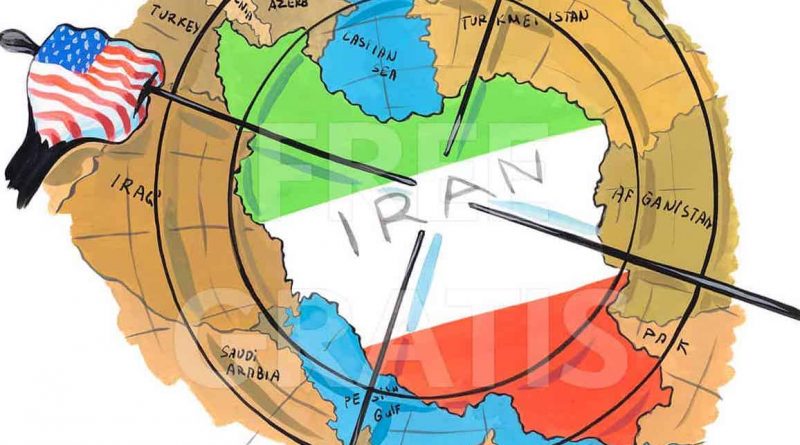Iran Puts Hold on ‘Snap’ Nuclear Checks Until Sanctions are Lifted
Zachary Schullian
Staff Writer
On Monday, February 15, Iran announced it will block the International Atomic Energy Agency’s (IAEA) access to its nuclear sites unless all U.S. sanctions were lifted, The Hill reports. Iran gave the United States one week to reverse all 1,600 sanctions before granting the IAEA continued inspection rights.
According to BBC News, a temporary deal was negotiated between Iran and the IAEA a few days after Iran’s remarks. This deal still allows inspectors access to the sites, albeit to a more limited degree. Several supporters of the negotiations view this as a major relief to potential escalations between Iran and the U.S. since it bought “precious time.”
The new Biden administration seeks to fulfill its campaign promises of returning to the 2015 Joint Comprehensive Plan of Action (JCPOA), commonly referred to as the Iran Nuclear Deal. Iran has challenged this ambition on several recent occasions, and demanded the U.S. take the first steps by reversing sanctions reinstated under the Trump administration.
Under the JCPOA, Iran was to allow IAEA inspectors to have broad oversight of the nuclear development program. This would ensure that Iran does not enrich uranium levels capable of producing nuclear weapons—usage had to be solely for energy purposes. In exchange, the United States and the five other signatories, the United Kingdom, France, Germany, Russia, and China, would lift sanctions imposed. While the U.S. violated the agreement by reimposing sanctions, the other five signatories followed the terms of the deal.
According to Al Jazeera, Iran’s commitments have widely been seen as reactions to measures taken during Trump’s time in office. One year after sanctions were unilaterally reinstated, Iran gradually reduced its obligations to the deal. Additionally, after Mohsen Fakhrizadeh, a nuclear scientist, was assassinated in November 2020, the conservative parliament passed a law requiring Iran to enrich uranium to 20 percent. In comparison, the JCPOA limited nuclear enrichment to 3.67 percent. Presently, both sides are demanding the other to return to the deal first, Arab News reports.
Iranian Foreign Minister Javad Zarif said that U.S. sanctions inflicted $1 trillion worth of damage to the economy. In 2016, before sanctions were reimposed, Iran’s GDP grew by 16.6 percent. In 2018 and 2019, however, its GDP collectively contracted by more than six percent.
Zarif continued describing how relations among members of the JCPOA have developed over recent years. On the one hand, he stated that China and Russia became “friends” during the ‘sanctions era.’ On the other hand, European members made no real effort to maintain diplomatic relations with Iran. Zarif further added that if the U.S. fails to lift the sanctions, Iran will not leave the JCPOA but will continue its activities of uranium enrichment.
Iranian President Hassan Rouhani and other moderates are increasingly coming under fire from members within their own parliament, Arab News furthers. Some have called the recent temporary agreement with the IAEA “illegal” and requested for the judiciary to take strict measures against Rouhani.
With the presidential elections coming up in June, many expect a hard-liner with a military background to come to power. In the end, Rouhani’s moderate politics saw little to no improvement for Iranians hit hard by the sanctions. This poses a major challenge for the Biden administration if Rouhani were to return to the JCPOA in the near future, analysts predict.



